AGRUMIG Project
AGRUMIG Project Overview
Since February 2019, the OSCE Academy is a part of the project AGRUMIG (“Leaving something behind” – Migration governance and agricultural and rural change in “home” communities: Comparative experience from Europe, Asia, and Africa), funded by European Union’s Horizon 2020. There are country teams in the project. Kyrgyzstan’s team includes University of Central Asia (UCA) and Polis Asia Center; OSCE Academy is a key PolicyDialogue Partner. The project is coordinated by School of Oriental and African Studies (SOAS), University of London.
AGRUMIG proposes an integrated approach to migration governance to address the two way relationship between labour mobilility and changes in agriculture and the rural sector. Migration creates challenges for rural ‘sending’ communities in low and middle income countries, yet it can also be transformative. AGRUMIG aims to engage in a comparative analysis of seven countries to analyze the economic, institutional, cultural and agro-ecological factors which shape these relationships. It will go on to identify the range of governance interventions which can harness migration to stimulate sustainable and gender equitable growth in agriculture and reduce the distress associated with migration. The project will firstly use a survey and participatory tools to explore the drivers of migration and the impacts on the agricultural/rural sector. A Qualitative Comparative Analysis will identify contexts through which unique relationships are realized. It will secondly engage with the policies and practices of diverse governance actors through dialogue, literature reviews and interviews to understand how they mediate the migration-agrarian/rural change interface. It will thirdly, engage in an iterative process of dialogue with stakeholders to identify frameworks for integrated migration governance which harness the positive impacts. A key contribution to the work programme is the identification of strategies to promote safe and regular migration through supporting change in sending regions. AGRUMIG will outline longer term evidence based governance solutions, supported by comparative analysis and tangible indicators, which are sensitive to the role of migration in larger livelihood systems as well as the contexts through which favorable impacts can be captured. It will analyze existing governance regimes to build upon, including labor treaties or EU partnership agreements, national migration or agrarian policies, overseas aid, or grassroots initiatives by diasporas or return. More information can be found here.
Impact
A key contribution of the project is the identification of strategies that promote safer and more regular migration through supporting change in sending regions – establishing, in effect, a “positive migration” philosophy. AGRUMIG will outline longer term and more evidence-based governance solutions, supported by comparative analysis and tangible indicators that are sensitive to the position and role of migration within larger agro-livelihood systems. AGRUMIG will also analyze existing contexts and governance regimes on which future responses will need to build, including labor treaties and/or EU partnership agreements, national migration and/or agrarian policies, overseas aid policies and directions as well as initiatives taken at a more grassroots level by diasporas and/or returnees themselves.
Papers
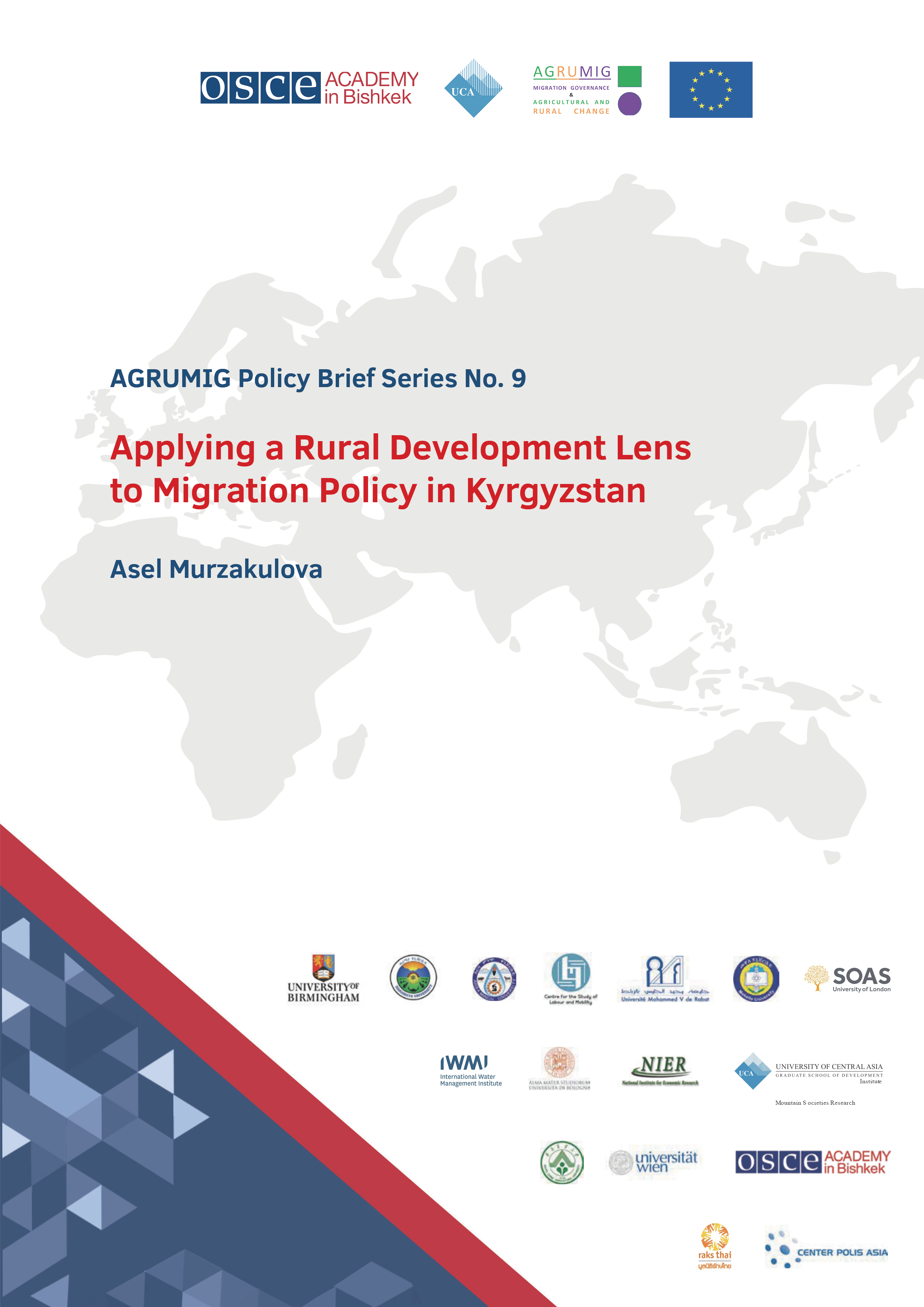
Applying a Rural Development Lens to Migration Policy in Kyrgyzstan (Download)
by Asel Murzakulova
Executive Summary
Development trends in Kyrgyzstan include declining agricultural production, a steady increase in remittances to rural areas from labor migration and an increasing role for the non-agricultural sector in the rural economy. These trends suggest that labor migration is having a transformative effect, with significant opportunities for rural development, but also challenges ahead. Even though migration has a huge impact on the country's economy (remittances account for some 30% of the country's GDP), to date migration governance focuses mainly on the rights protection of migrants and does nothing about sending communities and rural development policy. The attractiveness of rural villages for return migration and the well-being of those left-behind should be a major focus for migration policy along with the inclusion of migration as cross-cutting issue in rural development policy at all levels.
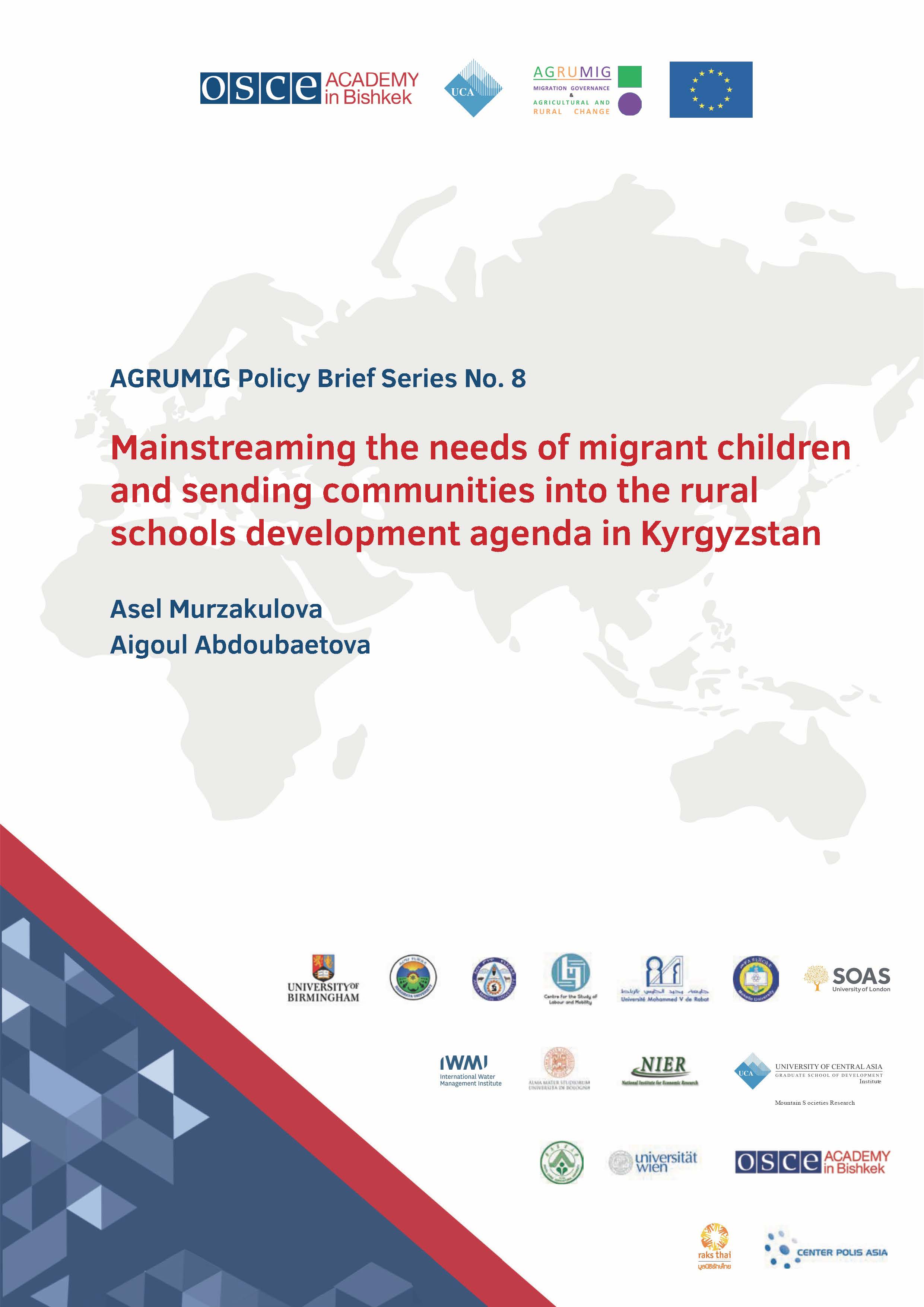
Mainstreaming the needs of migrant children and sending communities into the rural schools development agenda in Kyrgyzstan
Language: English (Download); Russian (Download)
by Asel Murzakulova and Aigoul Abdoubaetova
Executive Summary
Many studies indicate that labor migration is the main economic survival strategy for all population groups in Kyrgyzstan, but especially young people. According to the Ministry of Education and Science of the Kyrgyz Republic, teaching vacancies in subjects such as computer science, English, biology, chemistry, mathematics and physical education have not been filled for years in many schools. Recent university graduates are not interested in filling these vacancies as labor migration offers a more favorable way of entering the labor market. This policy brief aims to raise stakeholder awareness of the impact of labor migration on the institution of secondary education in rural communities with active migration outflows, and offers key recommendations for further actions and interventions.
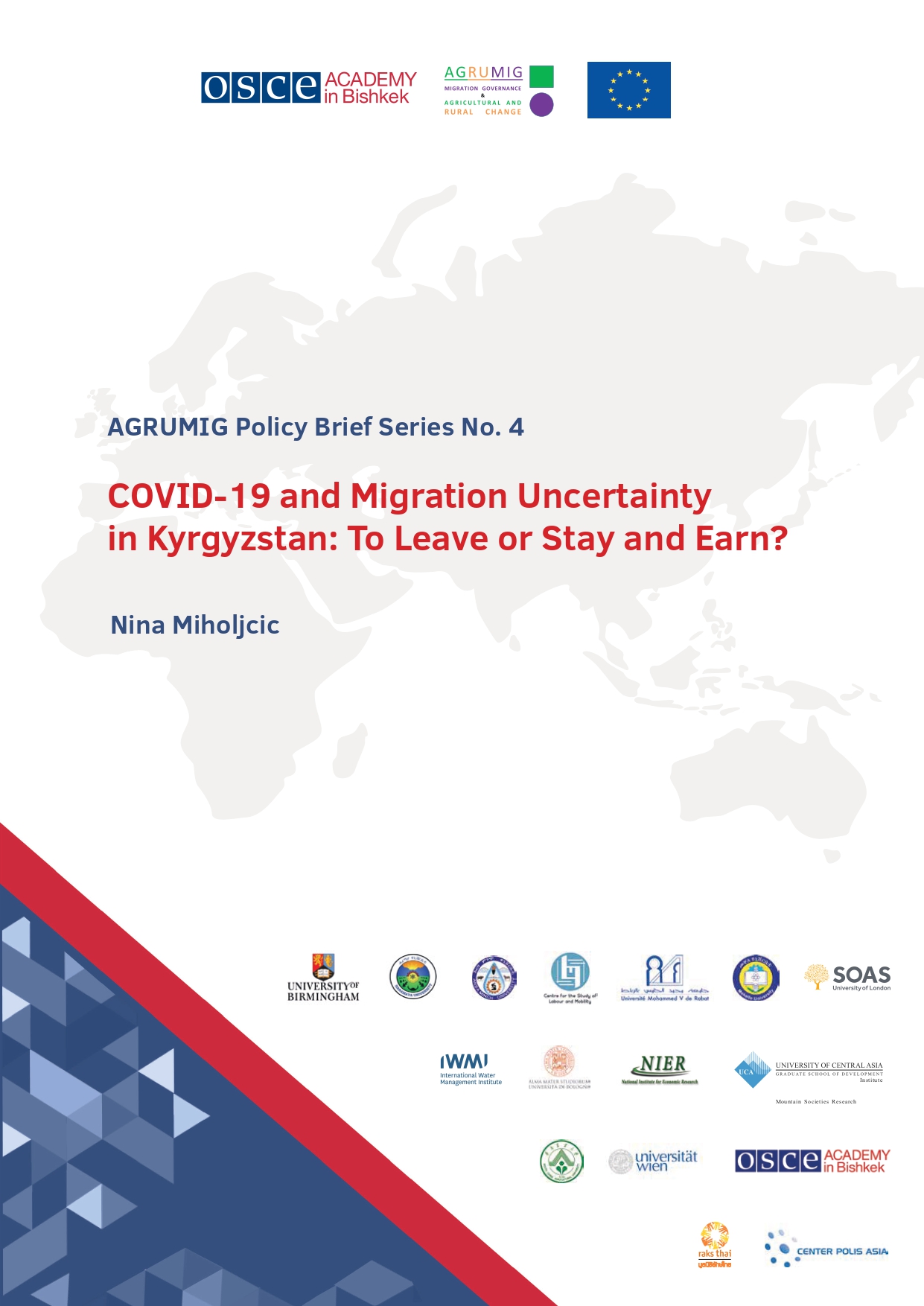 COVID-19 and Migration Uncertainty in Kyrgyzstan: To Leave or Stay and Earn? (Download)
COVID-19 and Migration Uncertainty in Kyrgyzstan: To Leave or Stay and Earn? (Download)
By Nina Miholjcic
Executive Summary
Kyrgyzstan is one of the most remittance-dependent countries in the world. Remittance inflows to this low-income country have remained a key contributor to the country’s GDP over the past decade. Migration labor outflows continue to play a significant role in sustaining the Kyrgyz domestic economy. Due to the fact that Russia and the Central Asian region share a common history, cultural links, and lingua franca, the Russian market remains a popular destination for CA migrants. In 2019, almost 98% of Kyrgyz intra-family financial transfers came from the Russian Federation.
However, the global coronavirus disease (COVID-19) pandemic has severely affected remittance flows to low and middle-income countries (LMICs) generally, and remittance-dependent economies such as Kyrgyzstan have found themselves deeply vulnerable during different international events, including the financial crisis of 2008 and the current pandemic. To become more resilient, the Kyrgyzstan economy needs thorough reform that can improve the domestic job market and create more effective economic incentives that can decrease dependence on remittances and migration labor outflows, particularly in rural Kyrgyzstan.
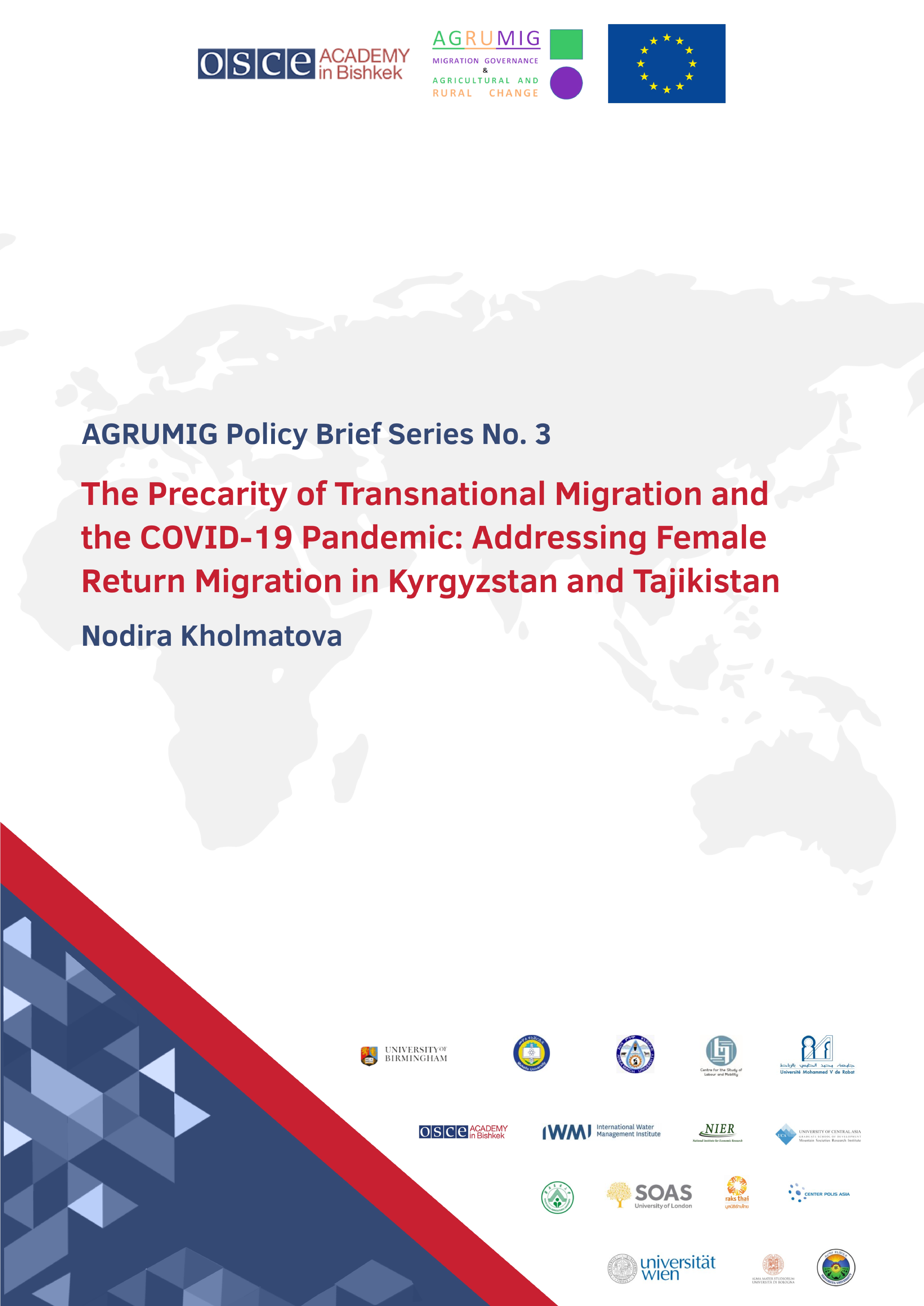 The Precarity of Transnational Migration and the COVID-19 Pandemic: Addressing Female Return Migration in Kyrgyzstan and Tajikistan
The Precarity of Transnational Migration and the COVID-19 Pandemic: Addressing Female Return Migration in Kyrgyzstan and Tajikistan
Language: English (Download); Russian (Download)
By Nodira Kholmatova
Key messages
During the COVID-19, governments’ strategic indifference and lack of systematic welfare support lead returnees, transnational migrants, and their families to a high level of precarity.
The pandemic reveals that by “exporting” human labor, Tajikistan and Kyrgyzstan also export vulnerabilities – such as under-skilled migrants who do not speak Russian and have no prior working experience outside the rural household.
In Tajikistan and Kyrgyzstan, migration dynamics have gendered effects, such as a significant increase in the female labor force in the economy’s low-paid, casual, and agriculture sectors.
Migration strategies at national and regional levels neither correspond to the lived experiences of female migrants nor reflect transnational relationships between destination and return countries.
Migrants do not have opportunities to use migration skills and social capital gained through migration, and consequently, returnees tend to remigrate.
The future of migration governance in rural communities depends on the institutionalization of female migration and the mobilization of women in rural areas.
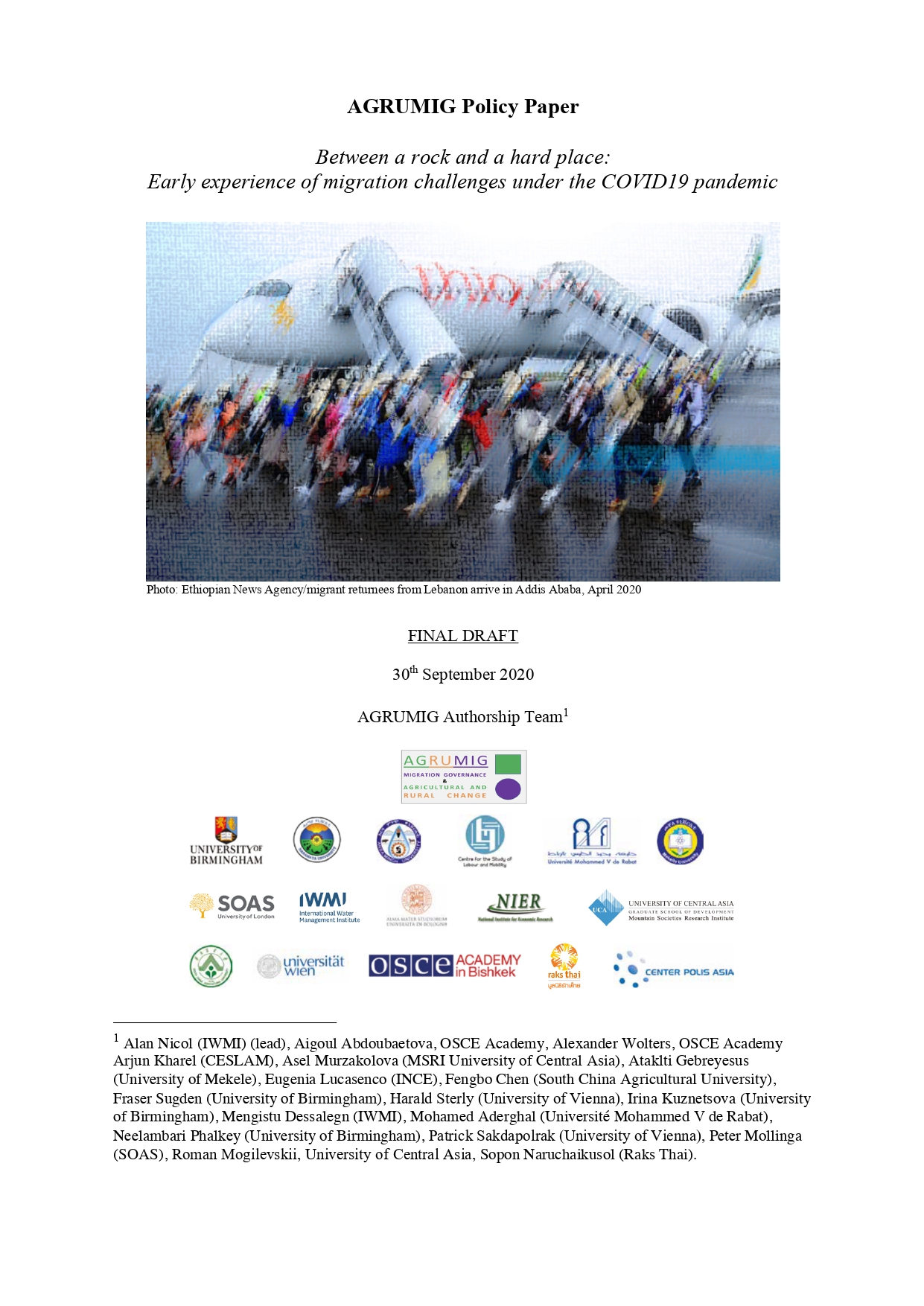 Between a Rock and a Hard Place: Early Experience of Migration Challenges under the COVID19 Pandemic (Download)
Between a Rock and a Hard Place: Early Experience of Migration Challenges under the COVID19 Pandemic (Download)
The global migration context has changed dramatically since the beginning of 2020. Both within and between countries there has been a substantial curtailment in movement. As a result of multiple lockdowns, economic activity has severely declined and labour markets have ground to a halt. In mid 2020, the spectre of mass unemployment in industrialised economies loomed on the horizon. For migrant hosting and origin countries – some are substantially part of both – this poses a set of complex development challenges.
Some speak of a ‘new normal’ emerging, perhaps with less movement, more use of technology and, overall, a reduction in the global transport system that we have become accustomed to using. However, this suggests that there is suppressed demand to move for work elsewhere as well as a change in the nature of labour markets, particularly those that seek to make profits from large wage differentials within and between countries. There is no apparent evidence that this is yet the case; and an eagerness to work abroad, or in cities, remains the norm amongst the burgeoning youth in many low- and middle- income economies.
The wider context of economic shock and changes to social systems, including the widely-reported mass movements of people within – and to some extent between – countries seems to herald a different global migration order. But it is worth asking whether this is really going to be the case, as many of the country examples in this short report make plain (note: this report was compiled from information available at an early stage in the pandemic). Whilst the coupling of health risks with migrant movement may establish new levels of control and scrutiny, and to some degree attach new stigmas to migration in some contexts, the economic imperative of labour demand and supply at an international level means challenges will probably be overcome.
Reports
Migration Governance in the Kyrgyz Republic – Existing policies and current challenges
By Tatiana Zlobina
Language: English (Download); Russian (Download)
Events
Date: 14 April 2021
The full recording of the event is available here on both English and Russian languages.
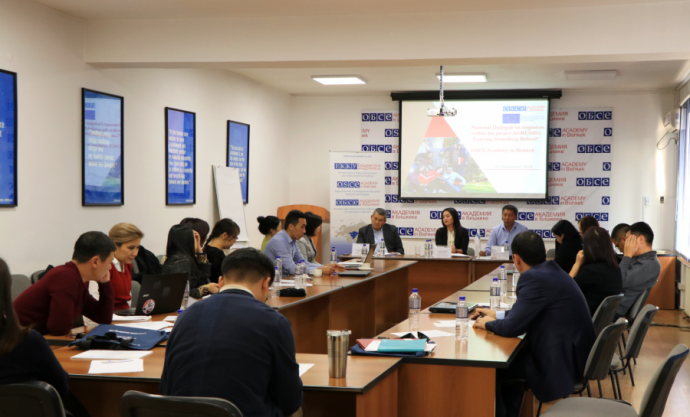 Policy Dialogue No.1 on “Dialogue on Migration”
Policy Dialogue No.1 on “Dialogue on Migration”
Date: 26 November 2019
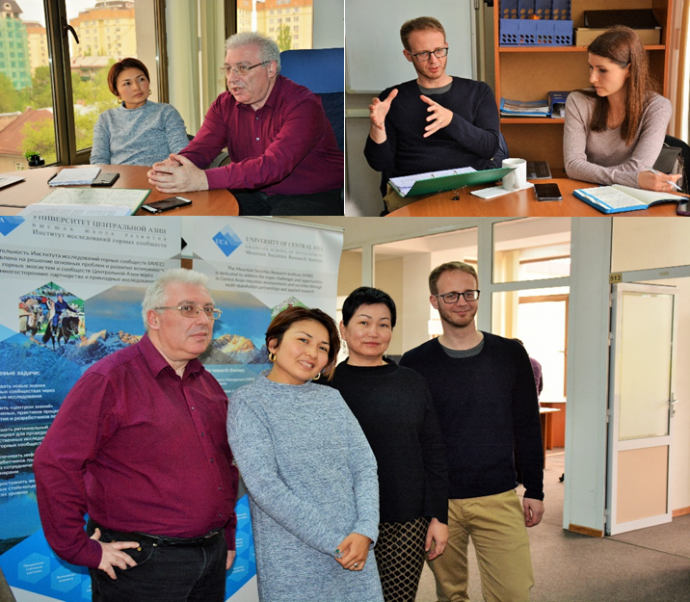 First Meeting of AGRUMIG Partners in Kyrgyzstan
First Meeting of AGRUMIG Partners in Kyrgyzstan
Date: 11 April 2019
Project Partners

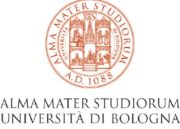




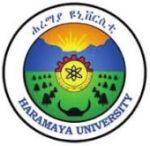




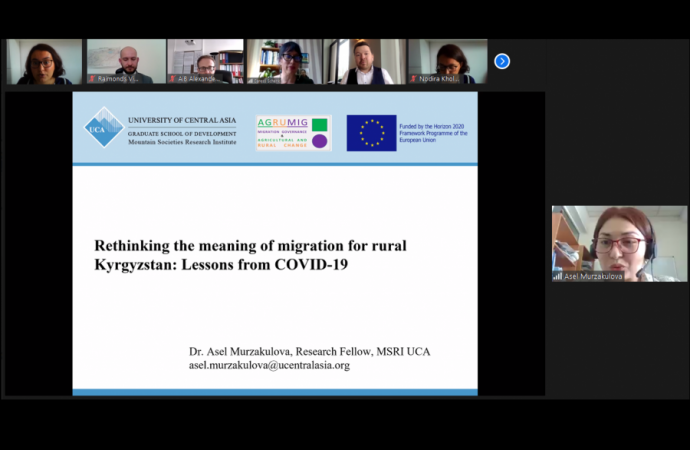





 Русская версия
Русская версия